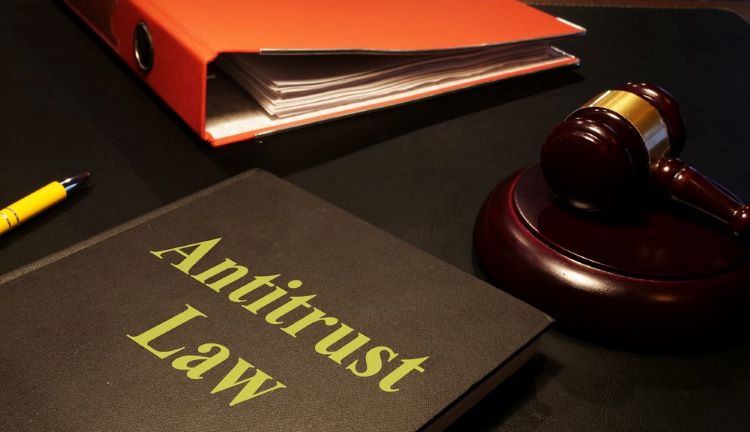Federal judge allows antitrust lawsuit against 17 elite universities to move forward

Image from Shutterstock.
A federal judge in Chicago on Monday rejected a request by 17 private universities to dismiss claims that they violated antitrust laws by using a shared methodology to assess undergraduate applicants’ financial needs and decrease aid packages.
In his Aug. 15 opinion, U.S. District Judge Matthew F. Kennelly of the Northern District of Illinois explained that several issues in the case relate to the 568 Exemption, which covers agreements between “two or more institutions of higher education at which all students are admitted on a need-blind basis.” While the defendants argue that their actions fall under this exemption, he said plaintiffs allege that defendants do not admit all their students on a need-blind basis.
“First, the parties dispute who has the burden of persuasion and, accordingly, whether the exemption is a proper basis for dismissal for failure to state a claim,” Kennelly wrote. “Second, the parties dispute the proper interpretation of the term ‘need-blind’—namely, whether the term prohibits consideration of all financial circumstances or prohibits only consideration of an applicant’s need for financial aid. Lastly, the parties dispute whether the plaintiffs have sufficiently alleged that the defendants do not admit all their students on a need-blind basis.
“Resolution of this dispute does not require addressing all of these issues. The court finds that, even taking the defendants’ position on the first two issues, the plaintiffs have sufficiently alleged that the defendants are not covered by the 568 Exemption and thus denies the defendants’ motion on this basis.”
Former students at some of the universities filed the lawsuit in January, alleging that the schools “have participated in a price-fixing cartel that is designed to reduce or eliminate financial aid as a locus of competition, and that in fact has artificially inflated the net price of attendance for students receiving financial aid.”
They are seeking class action status and a permanent injunction against the defendants, which include Brown University, the California Institute of Technology, the University of Chicago, the Trustees of Columbia University in the New York City, Cornell University, the Trustees of Dartmouth College, Duke University, Emory University, Georgetown University, the Johns Hopkins University, the Massachusetts Institute of Technology, Northwestern University, the University of Notre Dame du Lac, the Trustees of the University of Pennsylvania, the William Marsh Rice University, Vanderbilt University and Yale University.
In his decision, Kennelly pointed to several of the plaintiffs’ allegations that support their claims. Among these, the plaintiffs contend that the defendants consider the financial needs of students when considering whether to admit those who are transferring or wait-listed.
“The defendants criticize the evidence cited by the plaintiffs as too general or too old to support the contention that the defendants admitted wait-listed students on a need-aware basis during the relevant time period,” he said. “These arguments do not fly on a motion to dismiss. The defendants’ criticisms go to the weight of the plaintiffs’ evidence; they arguably provide reasons to discredit the evidence but not a basis to find the plaintiffs’ allegations implausible.”
The plaintiffs also allege that several of the defendants favor the children of wealthy past or potential donors. While the defendants again contend that the plaintiffs’ evidence is too general or old, Kennelly reaffirmed that these arguments are inappropriate bases for dismissing the case.
Law.com and CBS News has coverage of the decision.



